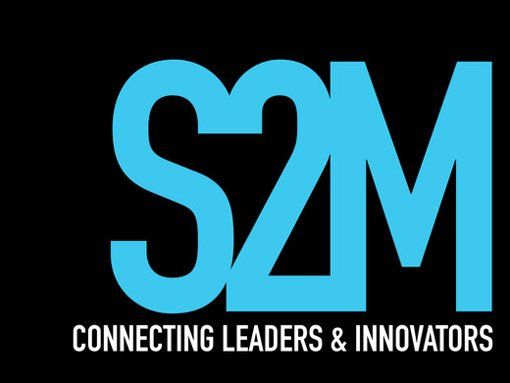Preventing burnout before the holidays (and in general)
The holidays are creeping up... In fact, silly season might already well and truly be underway for you.
Are you scrambling to fit in extra work before office closures?
If you’re working through the holidays, it may be that you're trying to juggle extra events plus time with friends and family with your workload.
Although it’s a fun and exciting time of year - stressful might be a way you'd describe it as well. It’s crucial to be mindful of the onset of burnout, which can hugely affect your mental health, impacting your work performance and personal relationships.

So, what is burnout?
The International Classification of Diseases describes burnout as “a syndrome conceptualised as resulting from chronic workplace stress that has not been successfully managed.”
As a diagnosable condition, burnout consists of three symptoms: physical exhaustion, disengagement with work and colleagues, and cynicism towards one’s job and career.
For many who have experienced burnout, it can feel just like the metaphor that describes it: something akin to a burnt-up shrivelled matchstick, cold to the touch.
The stages of burnout:
- Excessive drive/ambition. Common for people starting a new job or undertaking a novel task, too much ambition can lead to burnout.
- Pushing yourself to work harder. Ambition pushes you to work harder.
- Neglecting your own needs. You begin to sacrifice self-care like sleep, exercise, and eating well.
- Displacement of conflict. Instead of acknowledging that you’re pushing yourself to the max, you blame your boss, the demands of your job, or colleagues for your troubles.
- No time for nonwork-related needs. Your values are revised. Work becomes the sole focus at the expense of family, friends, and hobbies, which now seem irrelevant.
- Denial. Impatience with those around you mounts. Instead of taking responsibility for your behaviors, you blame others, seeing them as incompetent, lazy, and overbearing.
- Withdrawal. You begin to withdraw from family and friends. You lack direction and are cynical. Social invitations to parties, movies, and dinner dates start to feel burdensome instead of enjoyable.
- Behavioral changes. Those on the road to burnout may become more aggressive and snap at loved ones for no reason.
- Depersonalization. Feeling detached from your life and your ability to control your life.
- Inner emptiness or anxiety. Feeling empty or anxious. You may turn to thrill seeking behaviors to cope with this emotion, such as substance use, gambling, or overeating.
- Depression. Life loses its meaning and you begin to feel hopeless.
- Mental or physical collapse. This can impact your ability to cope. Mental health or medical attention may be necessary.
Three ways to prevent burnout:
1. Exercise
This doesn’t need to be a hardcore workout daily, but even a small walk on your lunch break, or adding a longer walk into your commute can make exercise a daily habit and improve your mental health.
2. Practice good sleep habits and self-care
It’s easier said than done, but sleep must be prioritised. Rest and reset is a key factor in preventing burnout. A good amount of sleep will help your brain process the day
you’ve had so you’re ready for the next. This includes processing emotions and stressors – improving your mental health. Take some time for yourself to sleep and unwind with whatever self-care works for you.
3. Ask for help, seek connections, make the most of going into the office
During stressful times, it’s important to reach out for help. If asking for assistance feels difficult, consider developing a self-care “check-in” with close friends and family
members so that you can take care of each other during trying times. Studies have also shown that hybrid working environments can also assist with preventing burnout.
There’s a huge link between social connection and health and happiness. Hybrid work-from-home schedules may help prevent burnout and improve mental health.
Next week, we'll be posting part 2 of this blog post featuring two new studies highlighting the importance of social connection in the workplace and illustrate why working from home may not be the optimal workplace arrangement.





